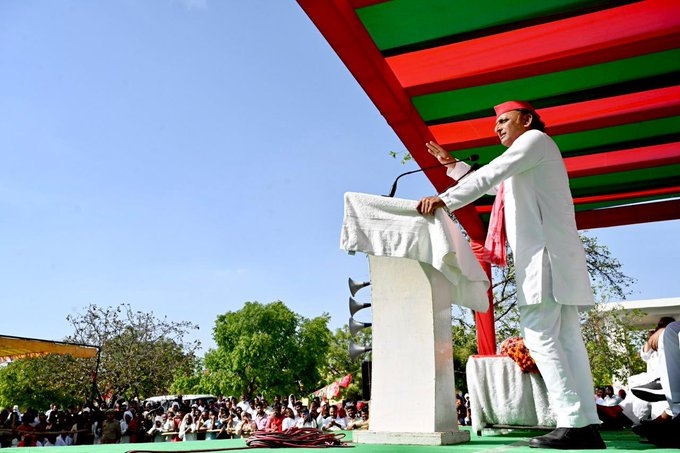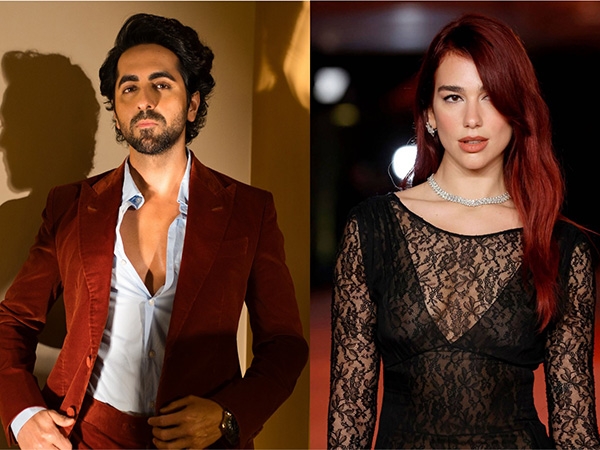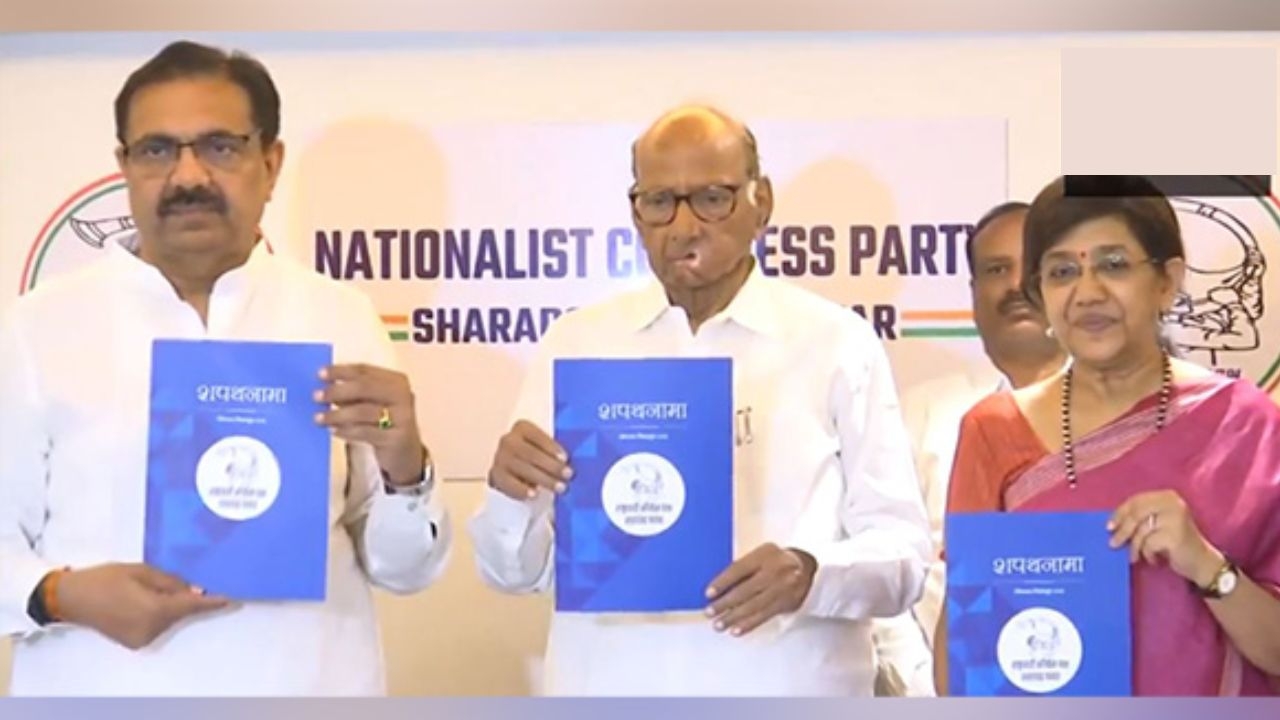Activists question what India said at UN human rights forum
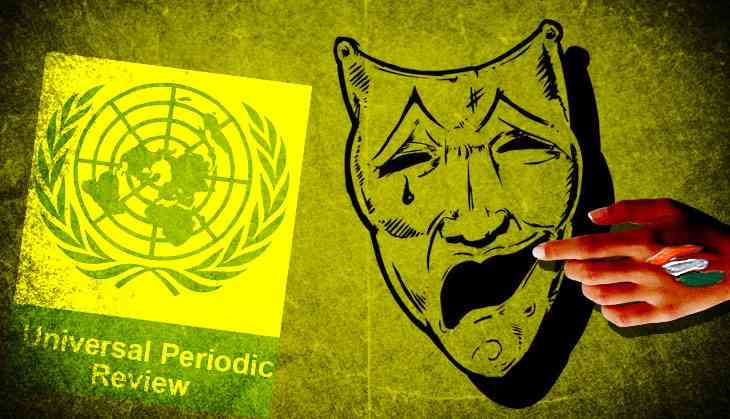
Members of the civil society alleged that the Government of India did not carry out a meaningful consultative process while preparing the national report on human rights record for its Universal Periodical Review (UPR). This is contrary to the claims by the Indian delegation to UPR Round 3. The delegation also allegedly presented a scenario that was different from ground realities.
The UPR is a process of the United Nations’ Human Rights Council involving a review of the human rights record of 193 UN member states once every four years. On Thursday, the Indian delegation led by Attorney General Mukul Rohatgi presented its national report before the council.
“There was no meaningful consultative process with civil society here in this country,” said Henri Tiphange, convener of the Working Group on Human Rights (WGHR) in India and the United Nations, a national collation of 12 human rights oraganisations and independent experts.
“We got hearings from all UN chiefs in this country. We did a two-hour briefing with them, giving them our report and fact sheet. We got hearings from European Union member ambassadors and met almost 15 non-European countries,” Tiphange told Catch on the sidelines of a nation-wide Live Webcast of the Third UPR on Thursday.
“We also asked the National Human Rights Commission (NHRC) to get all national human rights institutions together, but till today it has not happened.” he said.
Speaking on behalf of the Indian delegation at the UPR, Ranbir Singh (vice-chancellor of National Law School, Delhi) said it "organised a series of national-level consultations with civil society representatives" in order to prepare the report.
But Tiphange said, “the state’s approach was farcical. They only organised a two-day consultation, in which people were carefully invited.” Important human rights workers such as Teesta Setalvad and Vrinda Grover were deliberately not invited, he claimed.
“Our repeated efforts to discuss the joint stakeholders’ report with the Ministry of External Affairs (MEA) were not entertained officially for long, saying that no joint secretary is there to discuss the matter.
“Once there was a joint secretary, a date (17 April, 2017) was fixed for the meeting. But few hours before the appointment we got a call from the MEA saying, you can’t have Vrinda Grover as part of your delegation,” Tiphange said.
Grover is an independent member of the WGHR.
Responding to the national report and clarifications made by the delegation, Tiphange said, “the entire process adopted by the state is nonsense”. What India presented before the council, have nothing to do with the ground reality and as well as what was discussed during the two-day consultation, he added.
“Why our points not incorporated in the report?” Tiphange asked.
The loophole
"During India’s second UPR in May 2012, a total of 169 recommendations were made to India to improve compliance with its human rights obligations. India has made some progress by initiating a number of progressive policy initiatives including legal amendment especially for the protection of the rights of women and children," according to WGHR's report.
"Reports of human rights abuses by armed groups in regions like Jammu and Kashmir, north-eastern states, Maoist-affected central Indian states, attacks on human rights defenders along with reported incidents of communal violence, restrictions on free speech and expression, right to protest, police abuses including use of torture and extrajudicial killings persist in various parts of the country,” it added.
During Thursday's proceeding, UN members such as the United States and Germany raised concerns about attacks on human rights activists and organisations, using the Foreign Contribution Regulation Act (FCRA).
“India must defend the right to freedom of association, which includes the ability of civil society organisations to access foreign funding, and protect human rights defenders effectively against harassment and intimidation,” recommended a German representative.
Member countries also expressed concerns on torture, violence against women, the Armed Forces Special Powers Act, death penalty, anti-conversion laws, LGBT rights, minority rights, atrocities against Dalits and Adivasi and growing religious intolerance and vigilantism in the country.
Italy recommended there should be an immediate moratorium on death penalty and anti-conversion laws should be repealed.
The coalition will be holding a press conference in Delhi next week, where they willl be releasing a detailed response to the national report.
However, "At the same time progress on human rights in India continues to suffer due to lack of implementation of policies and laws to protect marginalised communities, particularly Dalits, tribal groups and religious minorities.
Meanwhile, on Friday some of the members of the WGHR, Amnesty International India and other human rights groups were holding a meeting in Geneva to present their initial response to the report.
First published: 5 May 2017, 18:48 IST
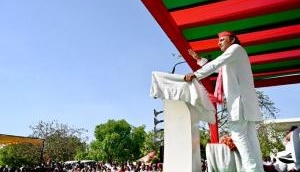
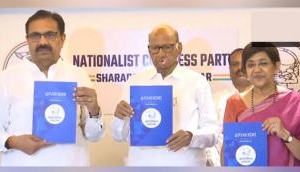
_251372_300x172.jpg)
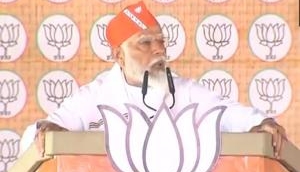
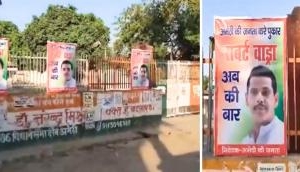
![BJP's Kapil Mishra recreates Shankar Mahadevan’s ‘Breathless’ song to highlight Delhi pollution [WATCH] BJP's Kapil Mishra recreates Shankar Mahadevan’s ‘Breathless’ song to highlight Delhi pollution [WATCH]](http://images.catchnews.com/upload/2022/11/03/kapil-mishra_240884_300x172.png)

![Anupam Kher shares pictures of his toned body on 67th birthday [MUST SEE] Anupam Kher shares pictures of his toned body on 67th birthday [MUST SEE]](http://images.catchnews.com/upload/2022/03/07/Anupam_kher_231145_300x172.jpg)


